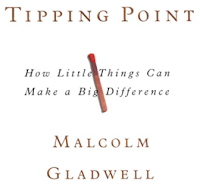Price comparison websites are big business, netting
their founders huge dividends while enabling customers to
shop around for the best prices from the comfort of their own homes – and in
this climate, where every penny counts, more and more people are taking
advantage of these websites.
Indeed, a recent report by energyhelpline.com highlights how consumers are taking control of their finances in as much as "by switching suppliers, customers are standing up for themselves and
showing that they will not tolerate high prices”.
The benefits of price comparison websites are clear: they help consumers save both time and money, whilst enabling sellers - including those less well-known - to have their products viewed, which, potentially, leads to increased sales.
So what do the likes of Aviva and Direct Line gain from their self-imposed exclusion from price comparison websites? Firstly, by removing the middleman they avoid referral fees. They also avoid being compared to the budget / lower priced products whilst, through their marketing, challenging the assumption that the lowest prices can only be found via price comparison websites.
Also, by staying away, they're maintaining the stance that savvy shoppers will also ask them for a quote directly and make their own comparisons. This not only saves them the costs associated with being on a price comparison website but also strengthens their brands proposition.
Jez Simms
Group Research Manager



